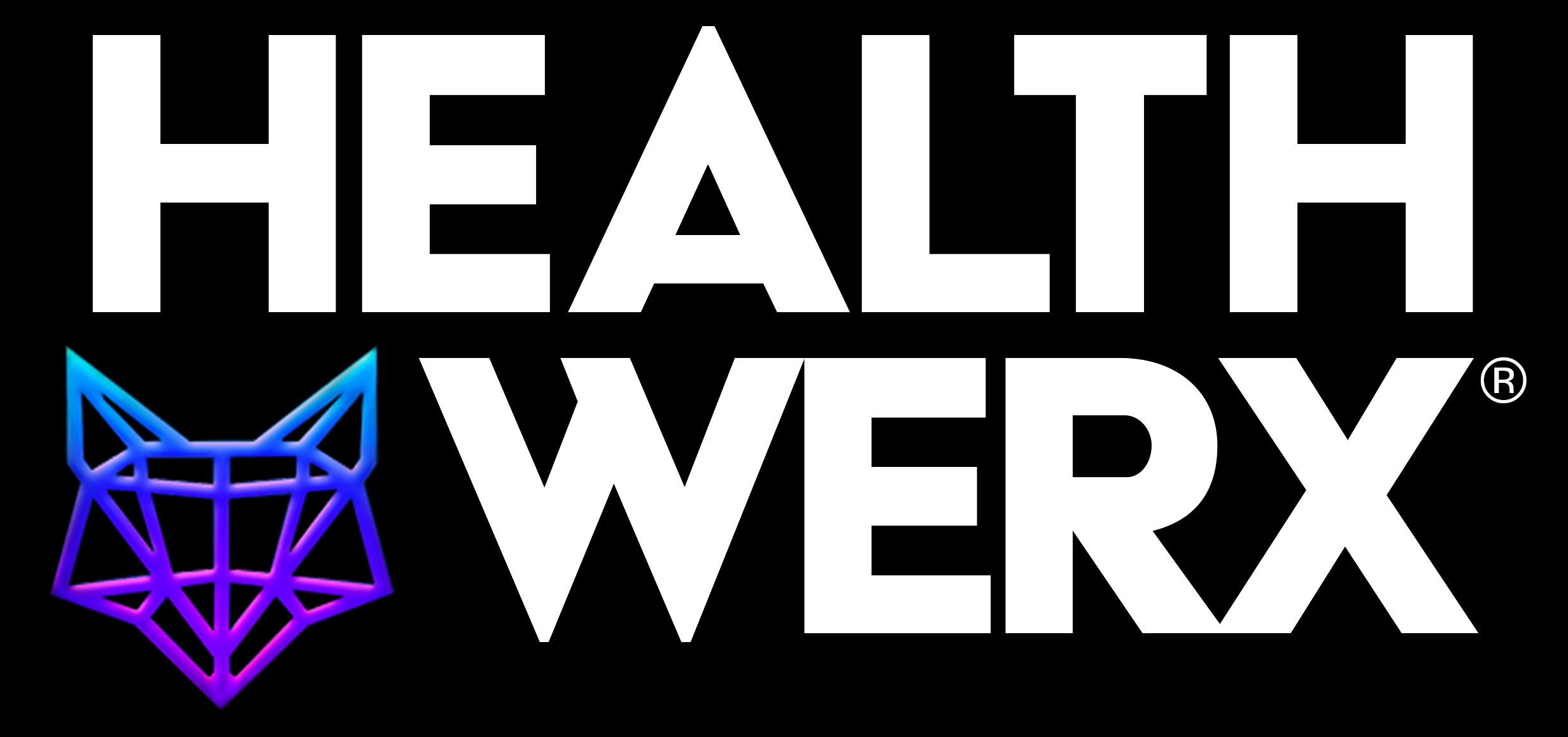SSL Certificates: Essential for Vet Practices Seeking Trust and Growth

Why it matters: Whether you’re a seasoned vet or just starting your practice, a secure online presence is crucial. SSL certificates not only safeguard sensitive data but also boost your website’s credibility and search engine ranking. If your site lacks an SSL certificate, it’s time to rethink.
How it works: SSL (Secure Sockets Layer) encryption ensures the safe transfer of data over the internet. It’s akin to a padlock for your website — public keys can be seen by anyone, but only the corresponding private key can unlock the information. When a site has an SSL certificate, a secure connection is automatically formed between the user’s browser and the web server. This ensures that any data shared remains confidential and secure.
Key points:
SSL and SEO: In 2014, Google started prioritizing SSL-certified sites in its search rankings. Even today, having an SSL certificate is essential for a strong SEO ranking. If your vet practice isn’t SSL-protected, you’ll likely lose out on potential clients who find you via search.
SSL and online payments: If your vet clinic accepts online payments, an SSL certificate is non-negotiable. It’s your responsibility to protect sensitive information such as usernames, passwords, and credit card numbers from potential hackers. An SSL certificate gives your clients the peace of mind they need to trust your online store.
SSL and consumer trust: Chrome, the most popular browser with a 62% market share, clearly displays whether a site is SSL-protected. A lock icon next to the URL indicates security, while an open lock with ‘Not Secure’ in red signals the opposite. Even if your site doesn’t handle sensitive information, lacking an SSL certificate can discourage potential clients.

The bottom line: SSL certificates are essential for any business striving for credibility and success. They show clients that you value their trust and security, a crucial step in building lasting relationships and growing your veterinary practice.
Offices
- New Albany, USA
- Toronto, Canada
Call Us
- 380-800-NEXT
- 880-298-NEXT

